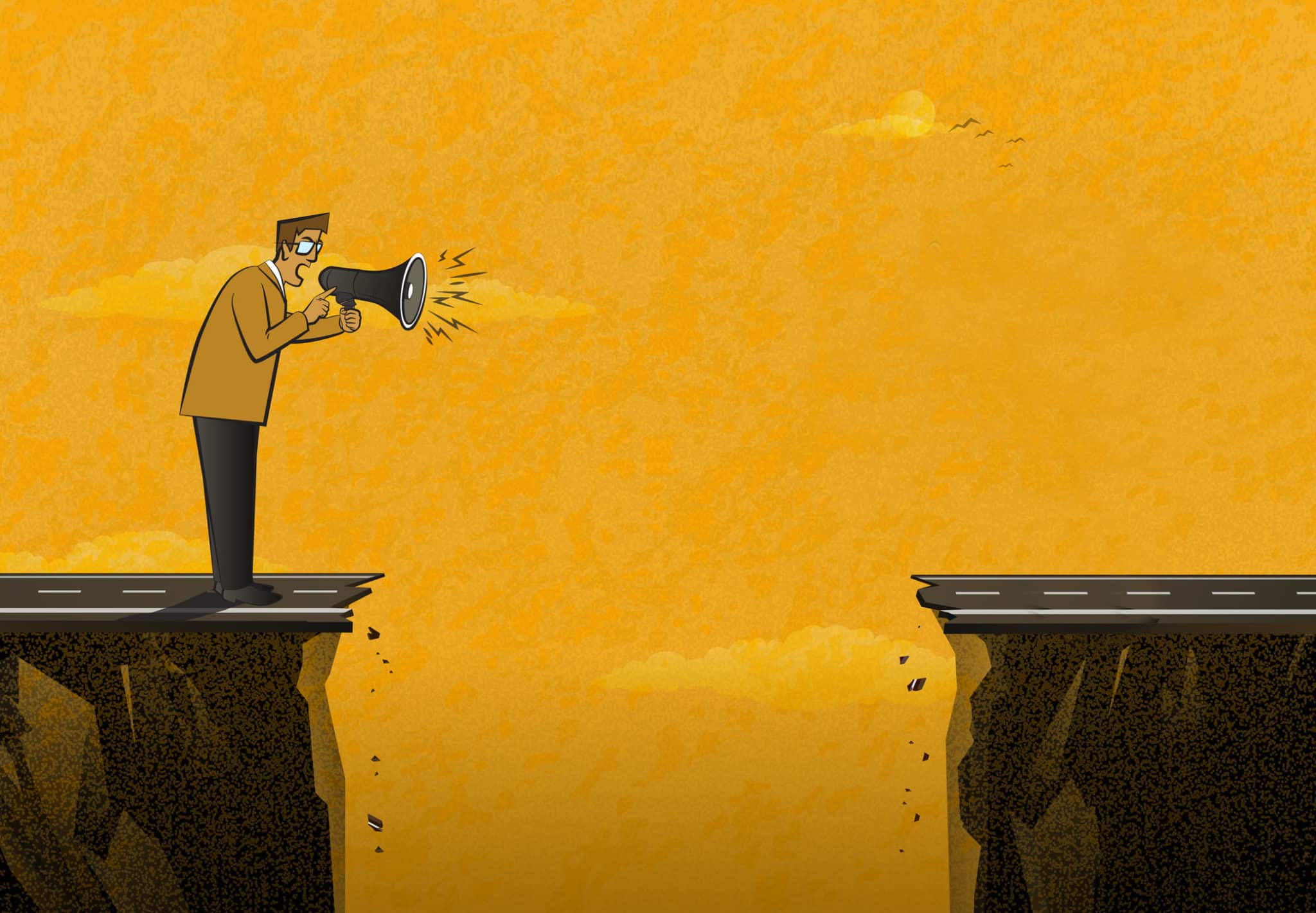 Cemile Bingol/Getty Images
Cemile Bingol/Getty Images When prominent Jews need to get stuff off their chests, they like to call their like-minded allies and release public statements. Usually, but not always, the target of their ire is Israeli policies.
The latest such statement, titled “A Leadership Call for Critical and Necessary Debate About Israeli Policies,” is addressed to the newly installed U.S. Congress, and is signed by 170 prominent names, including 15 from Los Angeles.
Not surprisingly, the signatories are concerned about “some of the policies proposed by members of Israel’s new government,” from a judicial overhaul to modifications of the Law of Return to changing the status quo on conversions to new policies regarding illegal outposts, and so on. I happen to share many of those concerns.
But here’s where I think the letter missed the boat, or at least missed an opportunity to go deeper and reach more people. There is not an inkling of a suggestion in the letter that any debate is warranted. That is unfortunate, because the letter itself calls for a “critical and necessary debate” about Israeli policies.
What we get instead is a passionate defense of criticism, not of debate. In particular, the letter implores us not to conflate criticism of Israeli policies with antisemitism. I get that. We’ve only heard it a zillion times. Perhaps the letter writers feel the community and the U.S. Congress haven’t heard it well enough, or maybe they wanted to preempt criticism of their criticism. Duly noted.
But how does that add anything really new to the conversation?
Had the letter lived up to its compelling call for a “critical and necessary debate,” it might have offered possible examples of such debate. For example, some centrist commentators have made the case that Israel does need some judicial reform, if not the radical overhaul that is now on the table. The letter makes no mention of that “other side.”
Indeed, recognizing that there is “another side” is extremely difficult when one feels so strongly about the rightness of their own side. The intent to impose Torah laws on Israeli society, for example, infuriates me. Any criticism is totally warranted, and also very easy to make. It’s a lot harder to dig deep and engage with views we strongly oppose.
But that’s precisely why it’s called a “critical and necessary” debate. The alternative is to condemn our community to a future of dealing with disagreements by simply picking up our verbal guns and shooting verbal bullets at one another.
Hard-nosed criticism, as valuable as it is, only offers one side– just as a defense attorney or a prosecutor is obligated to make the strongest possible case for their side.
As Jews inspired by our long talmudic tradition, we can aim higher. We can criticize while also recognizing that there is a debate to be had and possible compromises to be explored. We can propose debate mechanisms where both sides are invited to sit around the same table, and if one side refuses to come, let them be exposed as the enemies of debate.
There is nothing wrong with debating those who support official Israeli government positions, and that includes government officials themselves. Yes, we can pressure Israel by throwing our weight around, but it’s a lot more effective to engage in constructive debate, however difficult that may be.
Jews are supposed to welcome and embrace the “struggle.” A classic example of that struggle is to engage with those with whom we radically disagree, especially when they are fellow Jews.
Because I saw none of that struggle in the letter, I needed to get this off my chest.























 More news and opinions than at a Shabbat dinner, right in your inbox.
More news and opinions than at a Shabbat dinner, right in your inbox.